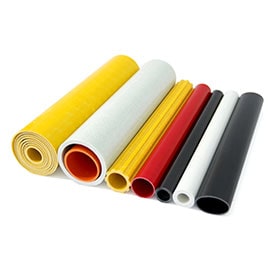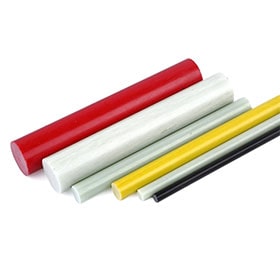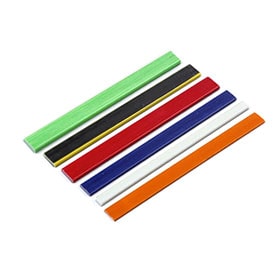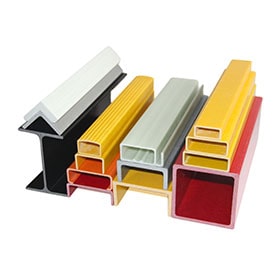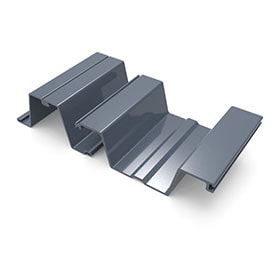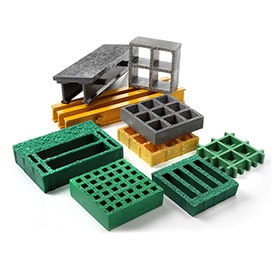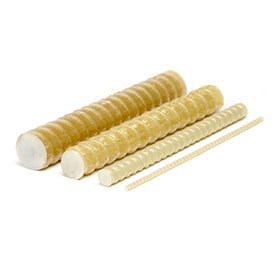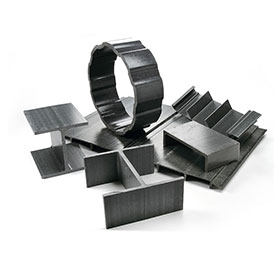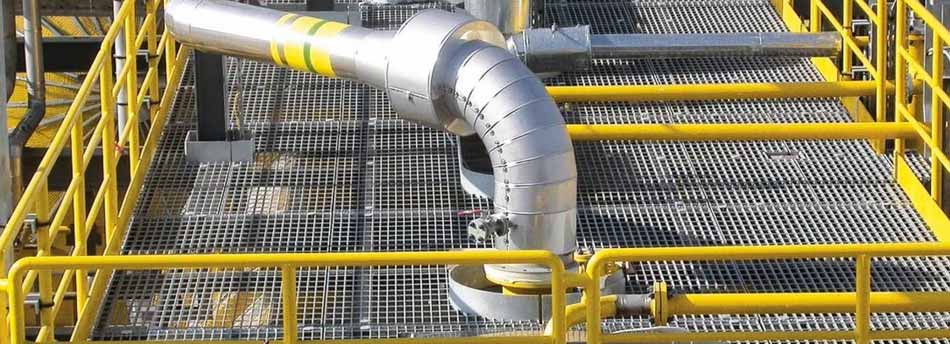
Fiberglass Profiles in Chemical Industries
Fiberglass profiles are composite materials made of glass fibers reinforced with different resin matrices, such as polyester, vinylester, epoxy, methacrylic and polyurethane. They have many advantages over other materials, such as low weight, high strength, good electrical and thermal insulation, flame retardance, chemical and corrosion resistance, and good surface for paint or dye. Fiberglass profiles can be manufactured by different methods, such as pultrusion, filament winding, or centrifugal casting, to achieve various shapes and properties according to the specific requirements of the applications.
Applications of Fiberglass Profiles in Chemical Industries
Fiberglass profiles are widely used in chemical and industrial piping systems, such as potable water, firewater mains, saltwater cooling, saltwater disposal, heating and cooling water systems, wastewater systems, chemical feed, waste and vent applications, and process lines. They can withstand high temperatures, pressures, abrasion, and corrosive environments. They also offer a long service life and low maintenance costs.
Fiberglass profiles are also used in other chemical and industrial applications, such as structural supports, cable trays, ladders, platforms, gratings, handrails, fencing, electrical insulation, and instrumentation housings. They can provide a high degree of construction flexibility and customization.
Common Styles of Fiberglass Profiles
There are many styles of fiberglass profiles available in the market, depending on the shape, size, reinforcement type, and resin matrix. Some of the common styles are:
Rods: cylindrical profiles with unidirectional or multidirectional fibers
Tubes: hollow cylindrical profiles with unidirectional or multidirectional fibers
Square rods and bars: square-shaped profiles with unidirectional or multidirectional fibers
C-profiles and Z-profiles: C-shaped or Z-shaped profiles with unidirectional or multidirectional fibers
Angle profiles: L-shaped profiles with unidirectional or multidirectional fibers
U-profiles: U-shaped profiles with unidirectional or multidirectional fibers
Roof-corner profiles: triangular-shaped profiles with unidirectional or multidirectional fibers
T-profiles and double-T-profiles: T-shaped or double-T-shaped profiles with unidirectional or multidirectional fibers
Dogbones: rectangular-shaped profiles with rounded corners and unidirectional or multidirectional fibers
Corner profiles: square-shaped profiles with rounded corners and unidirectional or multidirectional fibers
 +86 15303735673
+86 15303735673 Jessica@frpzs.com
Jessica@frpzs.com
 Technical Data
Technical Data


